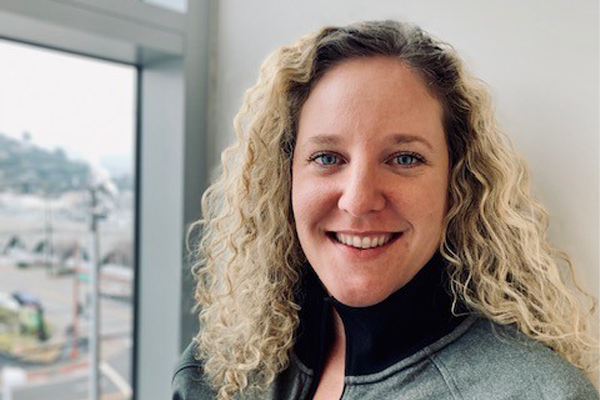
1:1 meetings are a great way to connect and check-in with your employees continuously on a variety of technical and professional development topics. To make the most of your 1:1 time, treat this type of meeting differently than you would a group or project update meeting to have the greatest impact.
Don’t use a one size fits all approach. 1:1 meetings offer greater flexibility than larger meetings with multiple stakeholders. Some employees may only want to connect once a month, while others might prefer weekly meetings. Ask your employees about their preferences on meeting duration, frequency, time, and day of the week, and try your best to accommodate them. Employees may prefer to have meetings at certain times during the day to minimize interference with benchwork or other activities. Once 1:1 meeting details are established, give your employees the opportunity to re-evaluate their preferences throughout the year (for example, on a quarterly basis) depending on their needs. On your end, try to consolidate shorter 1:1 meetings back-to-back on the same day if possible to focus your time.
Make 1:1 meetings a priority. Employee calendars (and yours!) will quickly become filled up with a variety of meetings. It is important to schedule 1:1 meetings with your employees on a consistent and recurring basis. While many other things may come up during your work day, don’t view 1:1 meeting time as something that can be canceled unless absolutely necessary. If you do need to reschedule the 1:1, make sure that you do so in a timely manner. Give your full attention to the employee during your scheduled meeting time. Be an active participant in the discussion, and resist the urge to check your email.
Have a loose agenda. If there are specific things that you need to communicate to your employees during 1:1 meetings like department or safety announcements, goal setting, or performance reviews, be sure to let them know in advance and start the meeting with those topics. Often, 1:1 meetings are one of the few times that you may have to give your employees direct and individualized feedback, so be sure to utilize this opportunity. It can also be helpful if your meetings have roughly the same format each time so that your employees know what to expect when meeting with you, but let the employee drive the dialogue after your updates. Some employees will always come prepared with a list of topics that they would like to discuss with you, while others will prefer to keep the meeting more informal. You may notice that some weeks you do not have as much to discuss, so conclude early and don’t feel obligated to fill the meeting time. If employees bring technical questions, feel free to answer those during the meeting, but encourage employees to prioritize professional development topics to ensure their career needs are being addressed.
This article has been edited for length and clarity. The opinions expressed in this article are the author's own and do not necessarily reflect the view of their employer or the American Chemical Society.
ACS Career Consultants are experts and leaders working in the field of chemistry who have volunteered to support other ACS members’ career development through one-on-one career counselling. They can stimulate your thinking, ask important career planning questions to help clarify goals, provide encouragement, teach strategies for making meaningful career decisions, and aid you in your job search. Connect with an ACS Career Consultant today!
Copyright 2021 American Chemical Society (All Rights Reserved)













